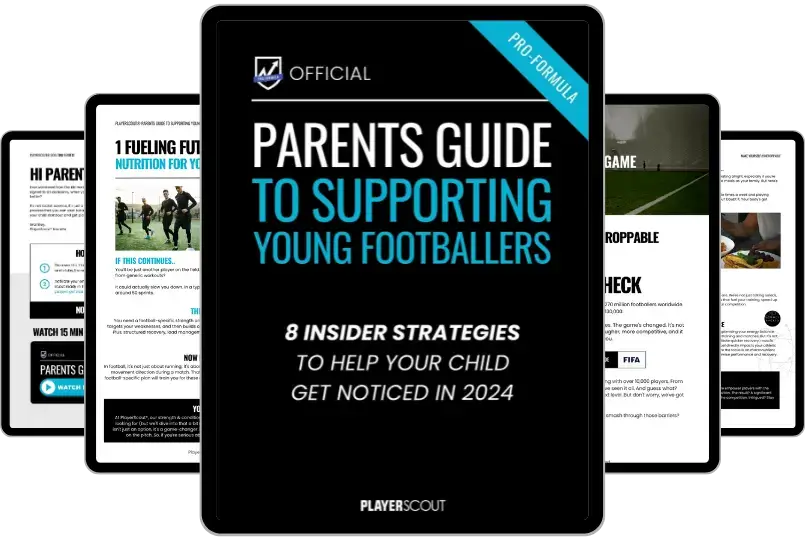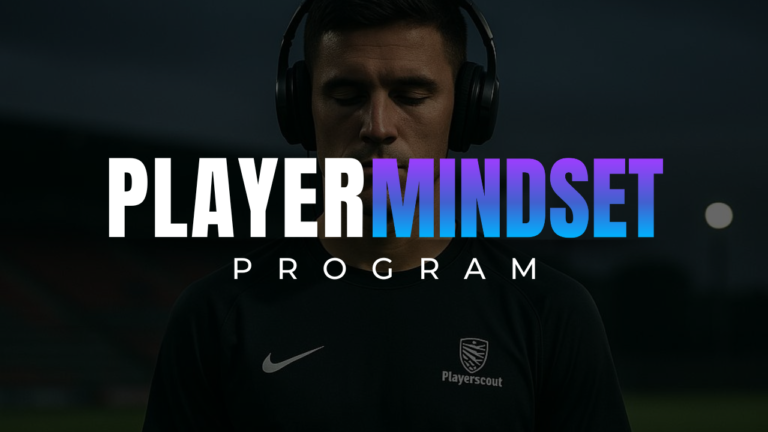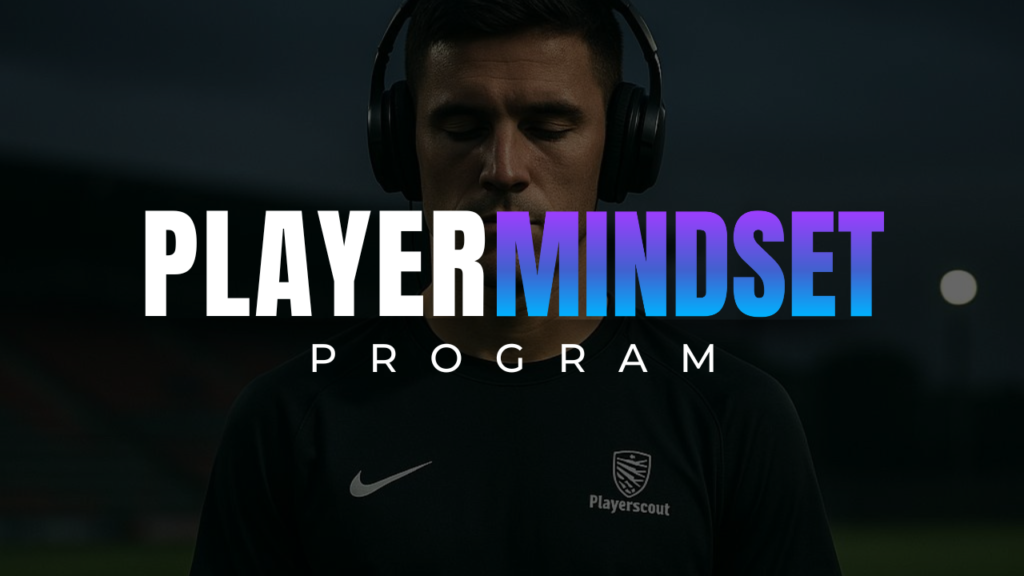What are Live Assessment Football Trials
Live assessment football trials are an opportunity for players to play in front of academy scouts and potentially progress to the Academy ID Centres. These events are commonly invite only for professional football academies, however at grass roots level you can get invited to a live assessment day by approaching a club with your football CV and cover letter.Whilst grassroots live assessment are more informal a professional academy assessment days is more structured. They will have a team of recruiters and scouts all assessing different skills and player attributes. To be considered for a live assessment day, you must first be registered with a local youth team and playing regular football. If a scout hasn’t already viewed your games you can put your fixture list forward to clubs. These clubs may then send a scout to monitor you and feed back on the matches. Latest Football Trial Articles.. [catlist name=football-trials]
From Scout to Assessment Day
If a scout is interested in you, they will contact your local club manager and also your parents (if you are 16 or below) inviting you to a live assessment trial. Players who pass live assessment make it through to join an academy. Therefore, it’s an important step to understand what you will be challenged with on the day, so you can practice these scenarios. The purpose of having live assessment days and trials are:- So the player can experience the club staff, environment and facilities
- For the football club to observe the player in order to consider a place for them at their academy
Under 16’s Live Assessment Football Trials
If you are registered to a football academy and under the age of 16, you need to be offered a scholarship or extended schoolboy registration to remain at an academy. Places are tough and each year players are cut from the teams in order to focus on the more promising talent. For an under 16 player to secure a further period of academy registration at a different club, The Football League holds live assessment trials during February half term each year. These live assessment days are attended by scouts from other academies. Your performance is critical at this stage, as they may open new doors in your footballing career. Eligibility for live assessment trials are; invite only, or academy players due to be released. These players need to ask their existing club to nominate them for the trial in order to attend. At the end of the 2 year academy apprenticeships, if you are not offered a further period of registration at your club then you can attend an LFE Assessment Trial. These are held regionally in April and May, and managed by the League Football Education in association with The Football League and The Professional Footballers Association (PFA). This live assessment trial is another opportunity for players to be observed by scouts from professional and non-league clubs. However the live assessments have become so well known they also attract representatives from European clubs and further / higher education institutions in both the UK and the USA. Attending an LFE trial is invite only and players must have completed the Apprenticeship in Sporting Excellence (AASE) programme. Players that attend the LFE live assessment trials will hear within 2 weeks if they have been successful.Maximum Allowed Travel Times for Live Assessment Football Trials
For under 9’s and under 11’s a maximum travel time for trials is 1 hour. For under 12’s upwards, this rule changes and is more flexible (refer to the official Youth Development Rule 242 for more details).Live Assessment Trial Criteria
Whilst participating in a live assessment trial, you will be assessed on the following 4 areas of your footballing ability:1. Players Football skills
Having strong footballing skills is the most obvious aspect of a player to demonstrate. Of course, you need talent and good ball control, and this will of course be noticed by scouts. However be sure to understand the difference between a flashy show boating and being able to demonstrate some solid basic skills that are beneficial for the whole team. For example:- Being able to pass accurately long distance
- Being able to pass into spaces that other team mates can run onto
- Having a great first touch that brings the ball straight into your control
- Being able to chip or head the ball accurately to another player
2. Players Tactical Awareness
Your tactical awareness is often referred to as vision or on pitch awareness, but essentially it’s all of the same thing. Demonstrating tactical awareness is about showing that you understand:- Where the ball is, and where it is likely to travel to so that you can demonstrate your ability to be well positioned
- How to stay positioned so that you are an easy pass for team mates
- How to stay close to your marker and then make great runs into free space for scoring or pushing the game forwards
- Understanding your position when attacking and defending to support your team
- Knowing where team mates are before receiving the ball so you can switch the play quickly
- How to close down space and break down opponents
- How to draw a defender out to give your team mate an opportunity
3. Players Physique
For the most part our physique is difficult to change, For example our height and foot size. However some physical attributes can be worked on:- Speed can be improved with agility training
- Muscle size can be improved with weight training
- Flexibility can be worked on with forms of stretching like Pilates and Yoga
- Jump height can be improved with Plyometric training
- Stamina can be improved with endurance training

















